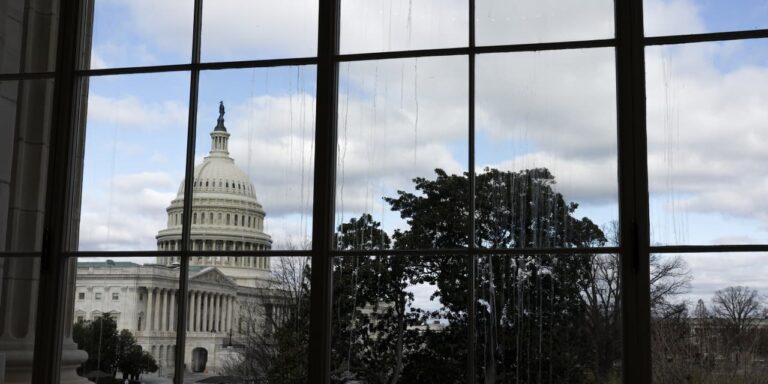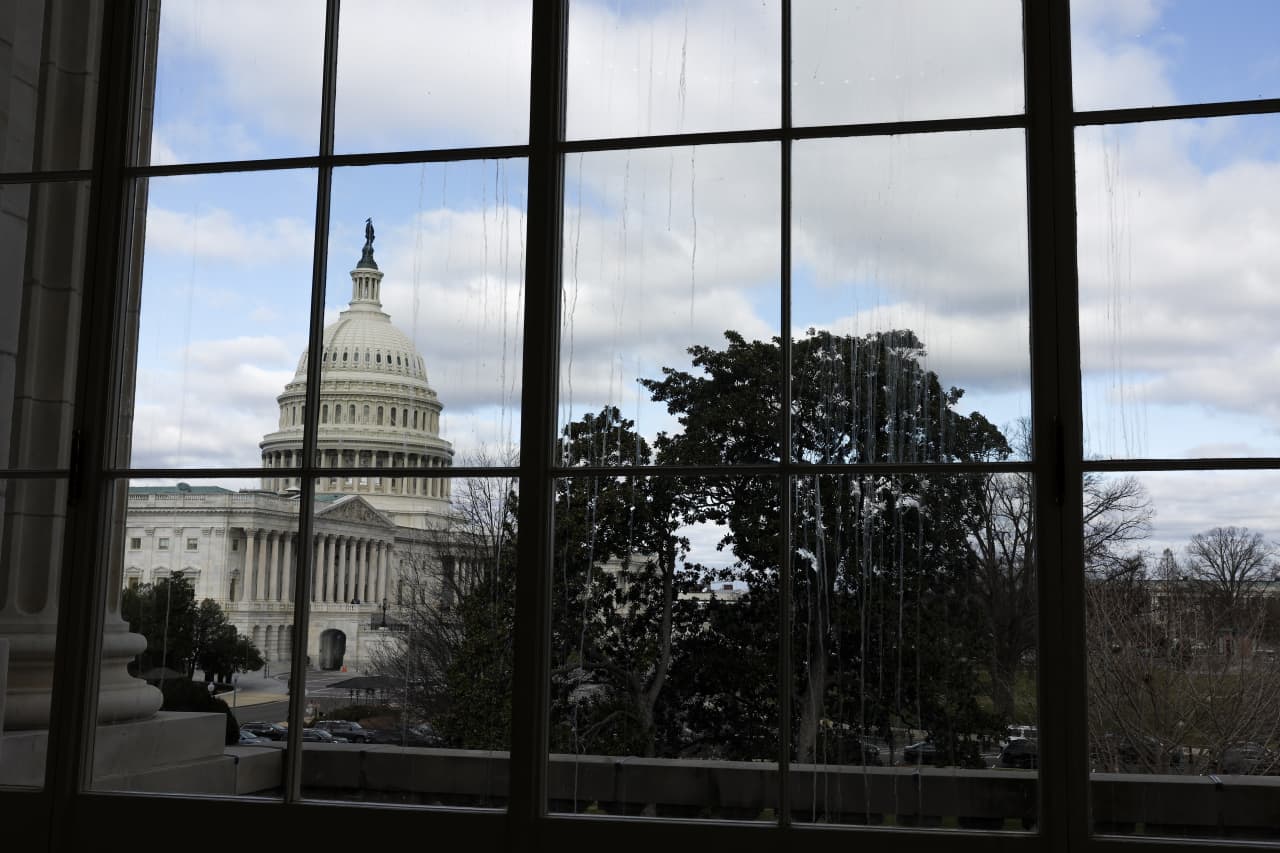The Republican-run U.S. House of Representatives is slated to vote around 8 p.m. Eastern Wednesday on a bipartisan tax bill that includes an expansion of the child tax credit along with business breaks, including for research and development.
A handful of GOP lawmakers demanding inclusion of state and local tax relief in the deal helped snarl proceedings Tuesday, but House advancement of the $78 billion measure now looks back on track, though another hurdle will be passage in the Democratic-controlled Senate.
The bill is slated to get a House vote through a procedure known as suspension of the rules, which limits debate, prohibits amendments and requires a two-thirds majority vote to pass.
See: Bipartisan deal could boost the child tax credit — but wouldn’t bring back the generous 2021 version. Here’s what it would mean for your taxes.
“We currently estimate a 55%-65% probability that Congress will enact a tax bill,” said the director of research at Height Capital Markets, Benjamin Salisbury, in a note Wednesday.
“If/when the bill passes the House, the odds would improve further. But House passage is by no means a foregone conclusion, because the 2/3 threshold requires substantial support from both Republicans and Democrats in the fractious House.”
Republicans pushing for a SALT fix appear to have been assuaged by commitments from the House’s leadership about future consideration of a separate measure, Salisbury added.
Another analyst also said House passage for the tax bill looks likely, but warned that getting through the Senate is no slam dunk.
“We think that prospects for Senate passage are reasonably good and perhaps moving over the 50-50 level. However, if too large a number of House Republicans vote no this evening, Senate passage will not be easy. We expect Senate passage to take a few weeks in any case,” said James Lucier, an analyst and founding partner at Capital Alpha Partners, in a note Wednesday.
Lucier said he sees a “near-zero chance the Senate will turn on a dime and pass the bill next week,” adding that he expects the chamber could first aim to take care of “difficult talks on border security, the national security supplemental (which includes funding for Israel and Ukraine), and funding the government.”



